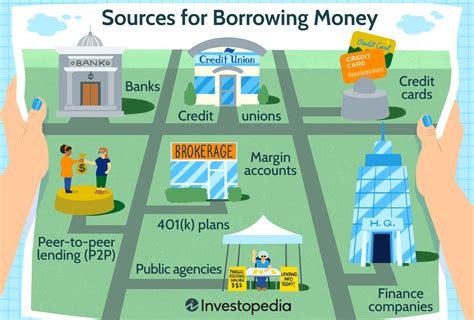Debt, in some form or another, is part of our financial profiles whether we like it or not. And it can be a useful way to build wealth if it is managed carefully and wisely.
For example, you may borrow money from the bank to buy an asset – a resource of economic value that generates income from its productive use. Investment property is an example.

So investing in an income-producing property can be a good idea.
If you are already in the property market, the home equity you’ve accumulated – the share of the property value that’s yours – can help you buy a second property. This time, you may not need a deposit as big as the initial investment.
In the event that the rental market is booming and your tenants pay you more than what you repay on the loan, municipal rates and property manager fees, then the wealth-building machine will start to run itself.
But debt makes many people uncomfortable.
In South Africa, a person earning KSh 145,211 a month, commits on average 63% of their salary to repaying unsecured debt – such as credit cards, personal loans, overdrafts or “buy now, pay later” facilities. As a general guideline, it’s suggested that no more than 40% of your income should be used to service debt.
Financial anxiety has its roots in some misconceptions. The main one is that all debt is bad. This isn’t true. Prudent borrowing to buy an asset can help build wealth in the medium to long term. So fears about debt need to be weighed against a broader understanding of wealth accumulation. Well-managed debt can play a role in that process.
Here are the four biggest misconceptions about debt. Recognising them will help you develop a more nuanced approach to debt.
The misconceptions
All debt is bad debt.
Indeed, debt is a problem when you can no longer manage it and it starts to manage you. One of the simplest ways to tell whether debt is working for you or against you is through “leveraging”. This refers to the use of debt to acquire an asset that is worth more than the value of the debt. It’s also known as positive or favourable leveraging.
People who take out unsecured loans are leveraging unfavourably when the debt is driven by consumption. Often there’s nothing to show for what you’ve spent. Unsecured loans also tend to charge higher interest rates to compensate for the lack of collateral.
Only financially reckless people are in debt.
This is the next misconception. Second to unsecured loans, most Africans consumer debt portfolios are taken up by home loans. The most realistic way to gain entry into the housing market is through a mortgage. You’re doing the right thing if your mortgage is paid off within a reasonable time. This will mean that, in the long term, the value of the property will surpass the home loan amount that was taken out to buy the property in the first place.
But there are two misconceptions related specifically to mortgages.
After you’ve paid the mortgage deposit, you won’t have other fees to pay.
This isn’t correct. Banks charge a fee to open and close a home loan account. There can also be a penalty when a home loan is repaid prematurely. So be sure to read the fine print about discharge fees or closing costs.
If you stick to the repayment amount for your mortgage, you’ll be able to repay the loan quickly.
This isn’t true – even if interest rates fall and your mortgage repayments decline, your home loan is most likely tied to a loan term of 20 to 30 years. Many banks will quote a monthly mortgage repayment amount that seems affordable at face value but is in fact based on a 20-year term period.

Banks are businesses and it works in their favour if you take longer to repay your mortgage because that translates into more interest repayments. The longer the duration of the home loan, the more interest you pay, the more profit they make.
If it takes over 20 years to repay a bond, it’s often the case that the value of the interest repayments exceeds the initial loan amount.
Home loan calculators are a useful tool that can help you assess how much you could afford to repay on a home loan depending on the deposit saved, if interest rates change and how long it will take you to repay the mortgage with topped-up contributions.
It is essential to have a goal for when you’d like to finish paying off your mortgage and a plan in place to achieve this goal. If you don’t do this you could become a mortgage prisoner.
Keeping your eye on the prize
As we’re about to conclude the year and enter the festive season, it’s a good time to remember your financial goals and not let your guard down by unconsciously swiping or tapping that credit card.
“Janu-worry” is around the corner, and so is the financial anxiety that comes with it. But it need not be the case. Debt can either be the cure or the cause of your financial position. Reconsider spending patterns that prompt you to use your credit card. Too much debt over short periods is an irregular spending pattern that is a warning sign.
There’s no harm in buying what you can afford or staying in your financial lane if the alternative forces you to sacrifice your hard-earned income on servicing consumption-driven debt.
For better or worse, debt is a part of our financial portfolios. But the road to financial empowerment is not always easy – financial planning can help you keep your eye on the prize.
By Bomikazi Zeka
The writer is an Assistant Professor in Finance and Financial Planning, University of Canberra; This article is republished from The Conversation.








